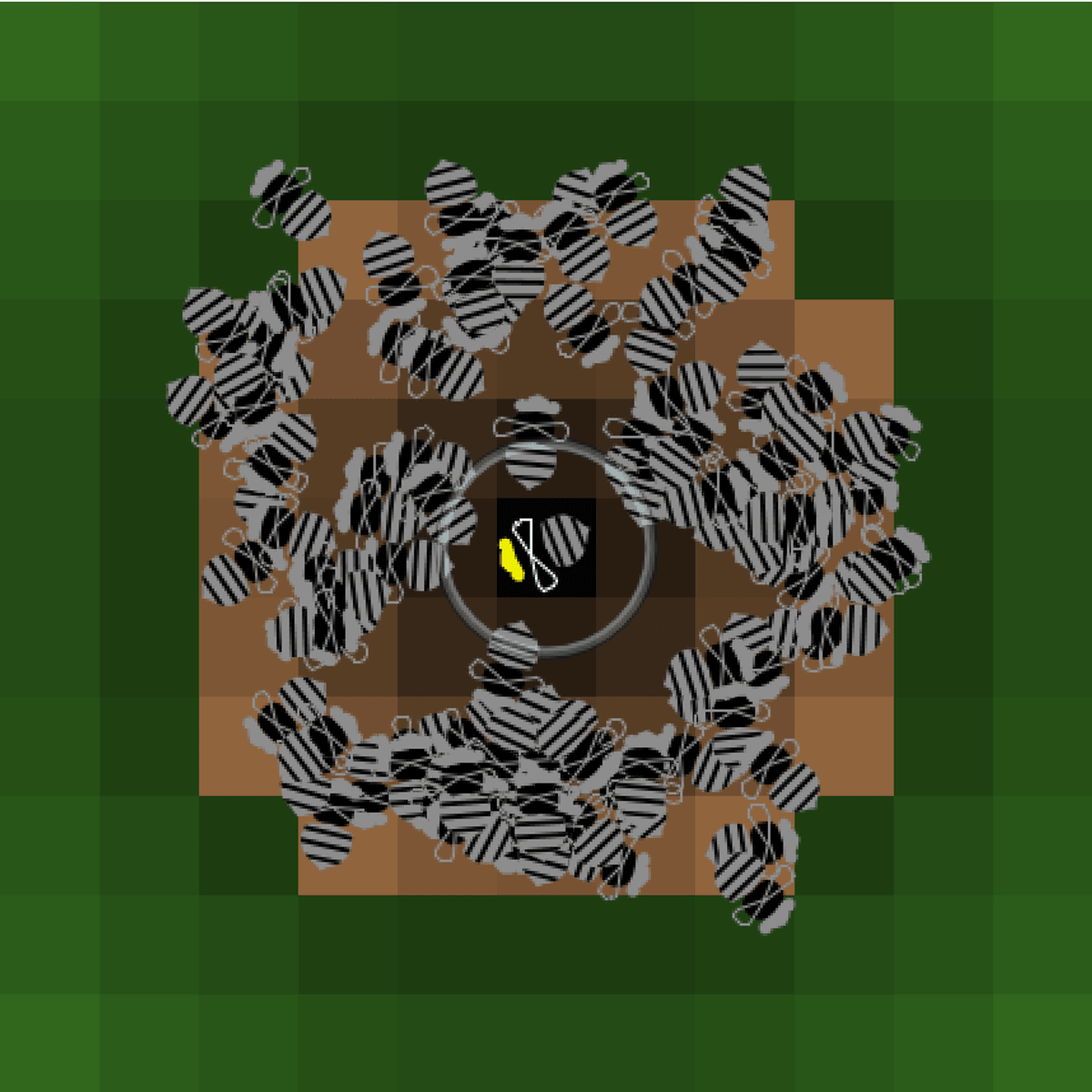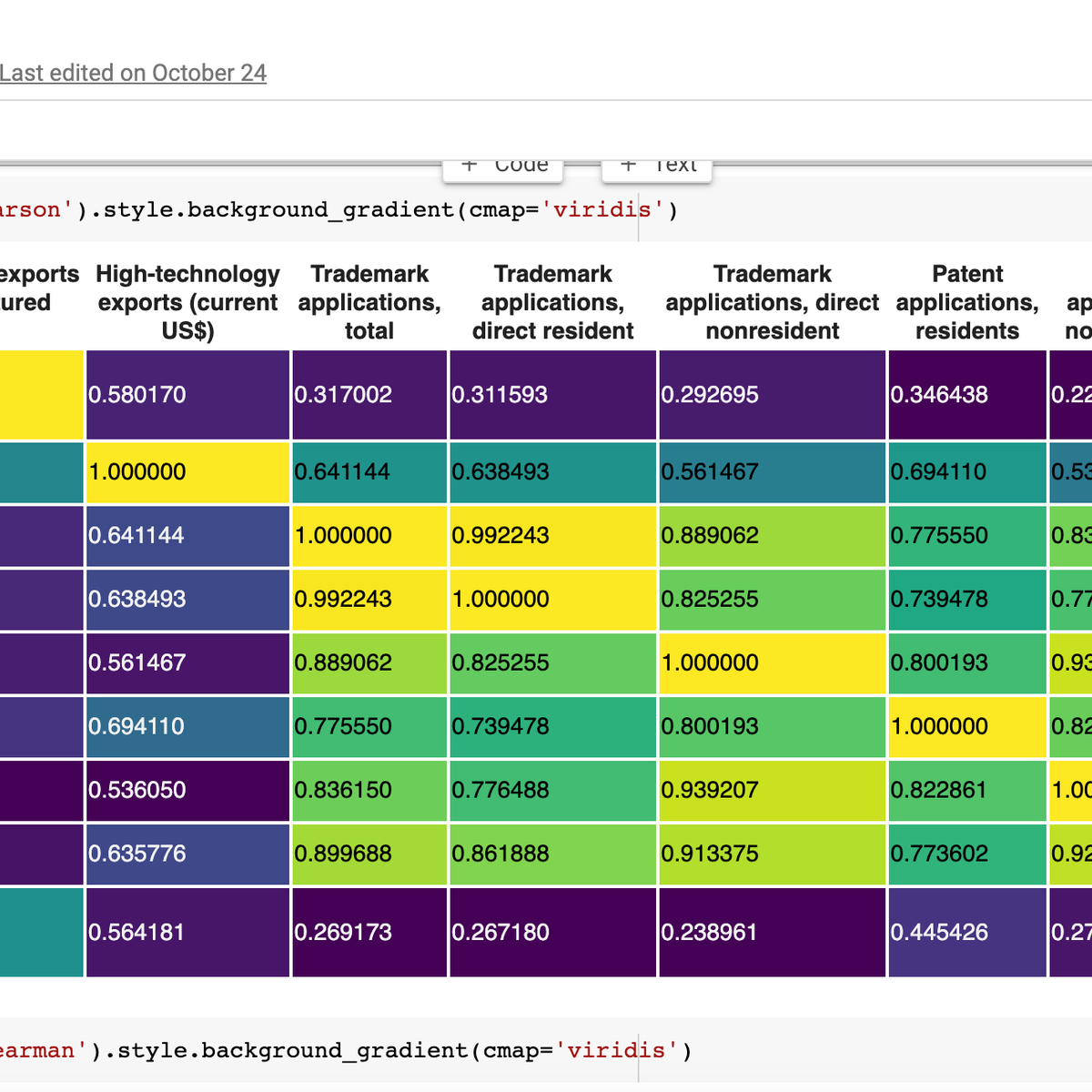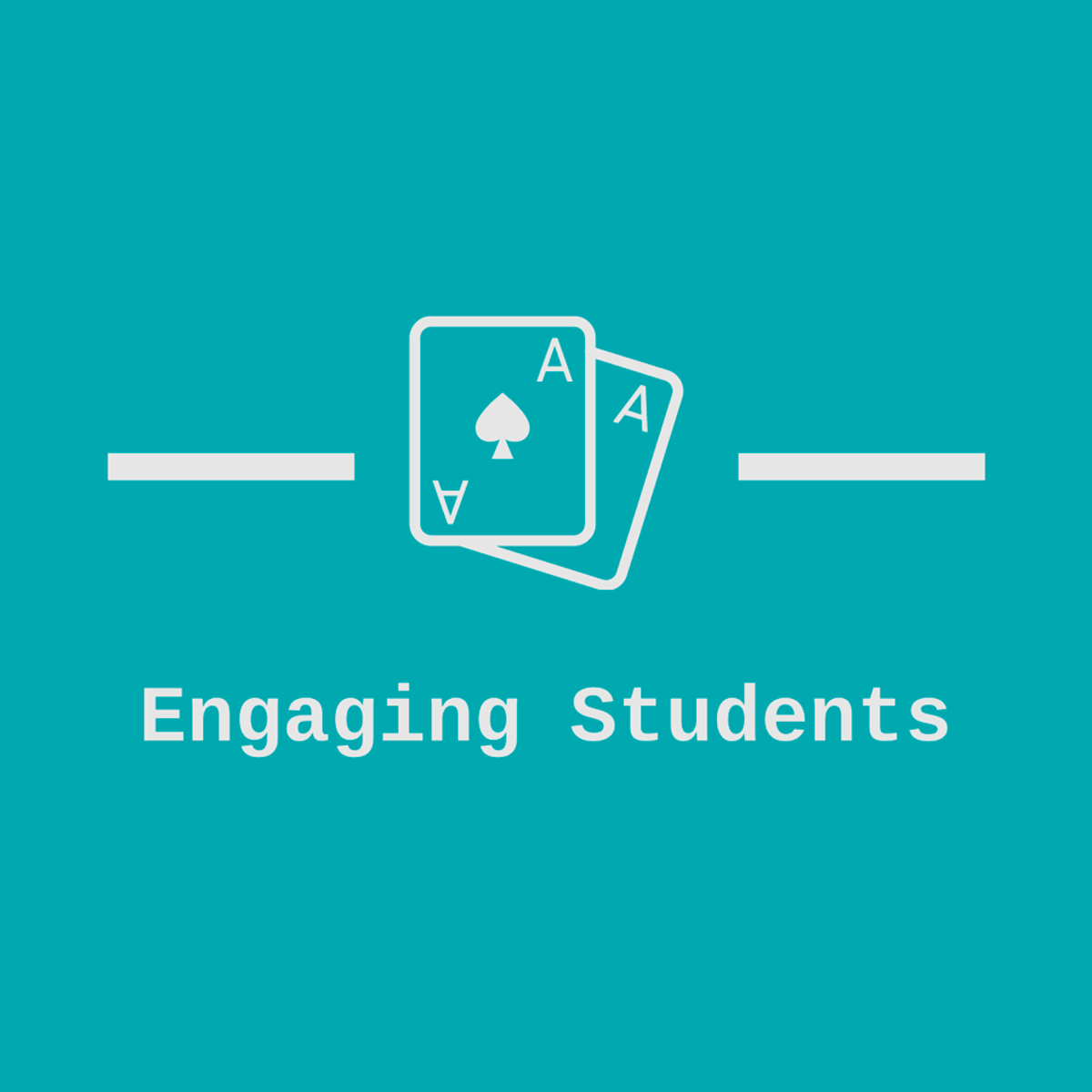Back to Courses









Social Sciences Courses - Page 63
Showing results 621-630 of 672

Anti-Racism III
Anti-Racism III is the third course in CU Boulder's Anti-Racism specialization on Coursera. You will be asked to apply and deepen what you've learned about race, racism, identity, and inequality in the first and second courses to a more global context that understands systemic racism and white supremacy as a human rights issue. You will also be invited to consider how you might engage in anti-racist practices in your own life, and you will be challenged to design a community outreach project that leverages your own experience and skills as an anti-racism advocate. Anti-Racism III will be available in Fall 2021.
Course logo image credit: Taylor Brandon, 10/11/2020. Available on Unsplash at https://unsplash.com/photos/HRfGpPrzmNg

Business Opportunities and Risks in a Globalized Economy
This is the last of the three courses part of the Globalization, Economic Growth and Stability Specialization.¨Business Opportunities and Risks in a Globalized World¨ is the the 3rd and final course of the ¨Globalization, Economic Growth and Stability¨ Specialization taught by IE Business School's Professor Gayle Allard. This course is designed to help an investor, businessperson or economist approach macroeconomic, institutional and international data and derive information from the indicators that point to the types of opportunities and risks that they present. Students will gain practice by handling the data of some of the largest economies in the world –the United States, Japan, the European Union, China and India—and “reading the story” of their economies from their data, yielding surprisingly profound conclusions about their present and future. The course is the third in a series for the specialization but it is also a stand-alone course for anyone who wants practice in practical macroeconomics.
This course includes 4 modules, each one deep-diving into the macroeconomic circumstances that have been brought up in the recent history of four key regions: the USA, Japan, Europe, and China and India. Students will analyze the ways in which international economies relate with one another, the benefits of trade and migration and economic development and how it occurs, among other themes.
Professor Allard takes overarching macroeconomic theory and turns it into a practical tool for those interested in the opportunities and risks of investment and doing business in each of the four regions covered.

Participatory NetLogo Simulations with HubNet
In this guided project you will learn how to use the HubNet technology from the NetLogo modelling environment. HubNet makes it possible to create participatory simulations where users can interact simultaneously in the same simulation using networked computers. By doing so, they are able to collectively enact the behavior of a system.
You will learn how to use HubNet in the context of the BeeSmart Hive Finding model, which has been created from the observations described in the book HoneyBee Democracy. Finally, you will be shown the first steps to design your own custom HubNet activities, modeled after phenomena you find relevant.

Basic Statistics in Python (Correlations and T-tests)
By the end of this project, you will learn how to use Python for basic statistics (including t-tests and correlations). We will learn all the important steps of analysis, including loading, sorting and cleaning data. In this course, we will use exploratory data analysis to understand our data and plot boxplots to visualize the data. Boxplots also allow us to investigate any outliers in our datasets. We will then learn how to examine relationships between the different data using correlations and scatter plots. Finally, we will compare data using t-tests. Throughout this course we will analyse a dataset on Science and Technology from World Bank. The measures in this dataset are numeric, therefore you will learn how to handle and compare numeric data.
This guided project is for anyone with an interest in performing statistical analysis using Python. This could be someone from a social science background with statistics knowledge who wants to advance their analysis, or anyone interested in analysing data.

Teaching Impacts of Technology: Global Society
In this course you’ll focus on how technology-enabled communication is changing geopolitics and, more broadly, how technology is connecting our world and changing lives. This will be done through a series of paired teaching sections, exploring a specific “Impact of Computing” in your typical day and the “Technologies and Computing Concepts” that enable that impact, all at a K12-appropriate level.
This course is part of a larger Specialization through which you’ll learn impacts of computing concepts you need to know, organized into 5 distinct digital “worlds”, as well as learn pedagogical techniques and evaluate lesson plans and resources to utilize in your classroom. By the end, you’ll be prepared to teach pre-college learners to be both savvy and effective participants in their digital world.
In this particular digital world (global society), you’ll explore the following Impacts & Technology pairs --
Impacts (Freedom of Speech): Internet in third world countries, censorship, and social media
Technology and Computing Concepts: VPN, how Internet censorship works, metadata, tor
Impacts (Life Made Easy): Internet changing the way we live, travel, autonomous vehicles
Technology and Computing Concepts: Internet of things, how self-driving cars work
Impacts (Keeping Your Information Secure): two-factor authentication, PINs, Patterns, fingerprints, apple ID
Technology and Computing Concepts: DDoS attacks and Botnets, man-in-the-middle attacks, dangers of public Wifi, phishing, ransomware, bitcoin
In the pedagogy section for this course, in which best practices for teaching computing concepts are explored, you’ll learn about the principles of the computer science advanced placement exam, how it assesses students, and how to prepare your students for this critical exam.
In terms of CSTA K-12 computer science standards, we’ll primarily cover learning objectives within the “impacts of computing” concept, while also including some within the “networks and the Internet” concepts and the “data and analysis” concept. Practices we cover include “fostering and inclusive computing culture”, “recognizing and defining computational problems”, and “communicating about computing”.

Introduction to International Criminal Law
-- About the Course --
From the Nuremberg trial to the case against Saddam Hussein, from the prosecution of Al-Qaeda terrorists to the trial of Somali pirates – no area of law is as important to world peace and security as international criminal law. Taught by one of the world’s leading experts in the field, this course will educate students about the fundamentals of international criminal law and policy. We will explore the contours of international crimes such as genocide, war crimes, terrorism, and piracy. We will examine unique modes of international criminal liability and specialized defenses. And we will delve into the challenges of obtaining custody of the accused and maintaining control of the courtroom.
-- Course Syllabus --
This course comprises eight units (or "modules"). Each will include an assigned reading, typically an article or book chapter, as well as a simulation designed to bring the readings to life.
I will also offer video lectures on each of the topics, accompanied by slides. In addition, there will be online role-play exercises and debates, enabling the students to share their own insights.
The order of class sessions will be:
(1) History: From Nuremberg to The Hague
(2) International Crimes Part 1: War Crimes, Genocide, Crimes against Humanity, and Torture
(3) International Crimes Part 2: Terrorism and Piracy
(4) Special modes of liability: command responsibility, co-perpetration, and incitement
(5) Special defenses: insanity, obedience to orders, duress, and head of state immunity
(6) Gaining custody of the accused: extradition, luring, abduction, and targeted killing
(7) Pre-Trial Issues: plea bargaining, self-representation, and exclusion of torture evidence
(8) Maintaining control of the courtroom
-- Recommended Background --
You don’t have to be a lawyer and there are no prerequisites for this course. However, the course will be conducted at the level expected of advanced undergraduate students. Therefore, for all participants, reading and writing comfortably in English at the undergraduate college level is desirable.
-- Suggested Readings --
Students should read the assigned online materials for each unit in advance of the class session.
In addition, students are invited to subscribe to “War Crimes Prosecution Watch,” a free bi-weekly e-newsletter that summarizes the latest developments in the field of international criminal law.
-- Course Format --
This course is made up of eight content units. Each unit is based on an online reading assignment, a video lecture of about one hour in length, and one or more role play exercises to stimulate on-line discussion. The course also offers in-video enrichment quizzes (ungraded) for each unit, a ten question multiple choice midterm diagnostics exam (ungraded), and a ten question True/False Final Exam.
-- FAQ--
How will this course be graded?
This course is graded on completion. In order to complete the course each student must: (1) finish each module (or “lesson”); (2) write at least one essay response of 200 words or more for at least one simulation throughout the course; and (3) get a score of 6 out of 10 or better on the Final Exam.
What resources will I need for this course?
For this course, all you need is an Internet connection, and the time to read and discuss the exciting materials available online.
What is the coolest thing about this course?
The topics we will be discussing are ripped from the headlines. The topics are often controversial and thought-provoking, and always exciting.

Creating Engaging Presentations with Mentimeter
By the end of this project, you will be able to use Mentimeter to create live polls, quizzes and more in order to check for student understanding. Whether you are teaching online or in person, Mentimeter has the tools you need to engage and assess your class. Once you are confident with using Mentimeter, you will be able to train your students as well. This will create greater independence and mastery of technology that will allow your students to share their learning in new ways.
*You will need a free trial of Mentimeter for this project.

The Roles and Responsibilities of Nonprofit Boards of Directors within the Governance Process
This course provides a more in-depth look at the roles and responsibilities of boards of directors in the governance of nonprofit organizations. While the course has been developed with North American culture in mind, we do appreciate that in other parts of the world, the nature of the roles and responsibilities of boards of directors may not be the same. Nevertheless,it is our hope that much of the course content will still be of value to those in other parts of the world.
To learn more about this course, please watch the overview video by copying and pasting the following link into your web browser: https://goo.gl/SXZEZS.
Keywords: Nonprofit; Nonprofit Sector; Voluntary Sector; Nonprofit Organizations, Non-Governmental Organizations, Volunteer Organizations, Leadership, Management, Governance, Board, Board of Directors, Performance, Effectiveness
Course 2 Overview:
Week 1: Some of the questions to be explored this week are: What is the board's role in planning for the organization's future and why is it important for nonprofit organizations to do it? What is strategic planning and what can boards do to carry this out effectively?
Week 2: This week's questions: What is the board's role in assessing the performance of the organization? Why is performance assessment important? Why do many boards have difficulty meeting their performance assessment responsibilities?
Week 3: This week's questions: What are the elements of the fundraising/resource development process? What is the board's role in ensuring the organization has adequate funding? What information should be in a resource development plan?
Week 4: At this stage, you are asked to review the course content, submit a written assignment (known lightheartedly as a BEAR (Board Effectiveness Readiness Assessment), and take two multiple choice Readiness Assurance Tests (known similarly as RATs). One RAT will assess knowledge and reading comprehension and the other will test application of knowledge within a practical case.
Week 5: We will encourage you to discuss the RATs in the discussion forums and take them again should you wish to change any of your answers based on the information exchanged.

Expanding SEL
Social and emotional learning, or SEL, programs have flourished in schools during the last decade. In this course the instructors (Emily Price and Ben Kirshner) introduce and help you examine community based and youth-empowerment approaches to social and emotional learning. Some of these approaches address the impact of social and political systems, such as immigration and structural racism, on children’s social and emotional experiences.
This course is a part of the 5-course Specialization “The Teacher and Social Emotional Learning (SEL)”. Interested in earning 3 university credits from the University of Colorado-Boulder for this specialization? If so check out "How you can earn 3 university credits from the University of Colorado-Boulder for this specialization" reading in the first module of this course for additional information.
We want to note that the courses in this Specialization were designed with a three-credit university course load in mind. As a participant you may notice a bit more reading content and a little less video/lecture content. Completing and passing the SEL Specialization allows the participant to apply for 3 graduate credits toward teacher re-certification and professional enhancement. We want to ensure the quality and high standards of a University of Colorado learning experience.
Interested in earning 3 graduate credits from the University of Colorado-Boulder for The Teacher and Social Emotional Learning (SEL) Specialization? Check out "How you can earn 3 university credits from the University of Colorado-Boulder for this specialization" reading in the first week of this course for more information.

Human Rights for Open Societies
Human rights are under pressure in many places across the globe. Peaceful protests are violently quashed. Voting is tampered with. And minorities are often excluded from decision-making. All of this threatens the ideal of an open society in which each of us can be free and participate equally. A solid protection of human rights is needed for an open society to exist and to flourish. But it is often an uphill battle to work towards that ideal. Equip yourself and learn more about what human rights are and how they work.
In this course, we will introduce you to one of the world’s most intricate human rights systems: the European Convention on Human Rights. You will see when and how people can turn to the European Court of Human Rights to complain about human rights violations. You will learn how the Court tries to solve many of the difficult human rights dilemmas of today. We will look, amongst other things, at the freedom of expression and demonstration, the right to vote, and the prohibition of discrimination. And we will address the rights of migrants, refugees, and other vulnerable groups. And, of course, we will see whether it is possible to restrict rights and if so under what conditions. You will even encounter watchdogs and ice cream in this course. We invite you to follow us on a journey of discovery into the European Convention!
Popular Internships and Jobs by Categories
Browse
© 2024 BoostGrad | All rights reserved


